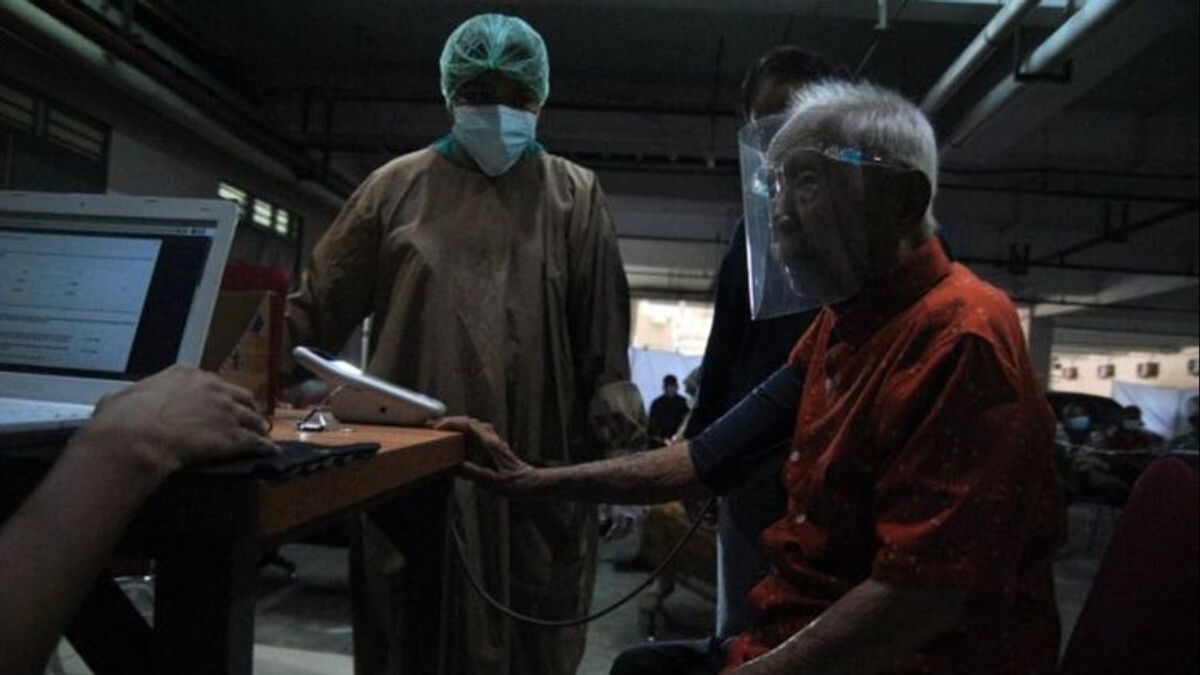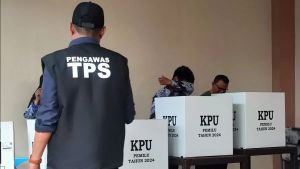JAKARTA - Minister of Health (Menkes) Budi Gunadi Sadikin stated that conducting further studies related to the administration of the COVID-19 vaccine to children and the elderly is a form of government effort to strengthen the antibodies of Indonesian citizens.
“One of the initiatives is that later the President will ask for vaccinations for children under six years old, later we will start exploring. There is already a vaccine in the world that has been approved for pediatric vaccination," said Budi at the PPKM Evaluation Press Conference which was followed online in Jakarta, Tuesday, August 23.
Budi said that the government through the Ministry of Health (Kemenkes) is currently deepening the study of providing COVID-19 vaccines to vulnerable groups who have not been able to take vaccinations. The studies carried out included the elderly and comorbid patients.
The plan is to give vaccinations to the group with low antibodies to begin at the end of 2022.
In addition, the government is intensifying further doses of COVID-19 vaccine for the elderly and comorbid groups according to their names and places of residence.
This is continuously being pursued so that the antibodies that are currently owned by the community are still formed after the antibodies of a number of parties have decreased due to more than six months of not carrying out further vaccinations.
"We will immediately provide an alternative to existing vaccines so that they can increase their immunity levels, to maintain the level of immunity of the Indonesian population, to deal with or prepare for early next year if for example there is a new variant," said Budi.
According to Budi, the decrease in antibodies cannot be underestimated because virus mutations will continue to occur, even though the results or impacts given by the new subvariants that are born are much weaker than the previous ones.
"So the mutation of the virus will make it harder for the host to die. That's why the new virus must be weaker than the old virus, because he doesn't want to die too quickly. That is why Omicron is weaker than Delta," he said, according to Antara.
Budi said that if the government already has valid data regarding parties who have vaccinated and the last dose obtained, it is hoped that the distribution of vaccines to prioritized parties can be given on target.
Budi hopes that these efforts can keep people's antibody levels high, when the country will face the possibility of a new COVID-19 virus mutation in early 2023.
"Thus, we will prioritize not booster I, booster II or booster III vaccines. But when was the last time he was vaccinated because the longer he was vaccinated, the lower the antibody levels automatically, that's how we prioritize it," said Budi.
The English, Chinese, Japanese, Arabic, and French versions are automatically generated by the AI. So there may still be inaccuracies in translating, please always see Indonesian as our main language. (system supported by DigitalSiber.id)









